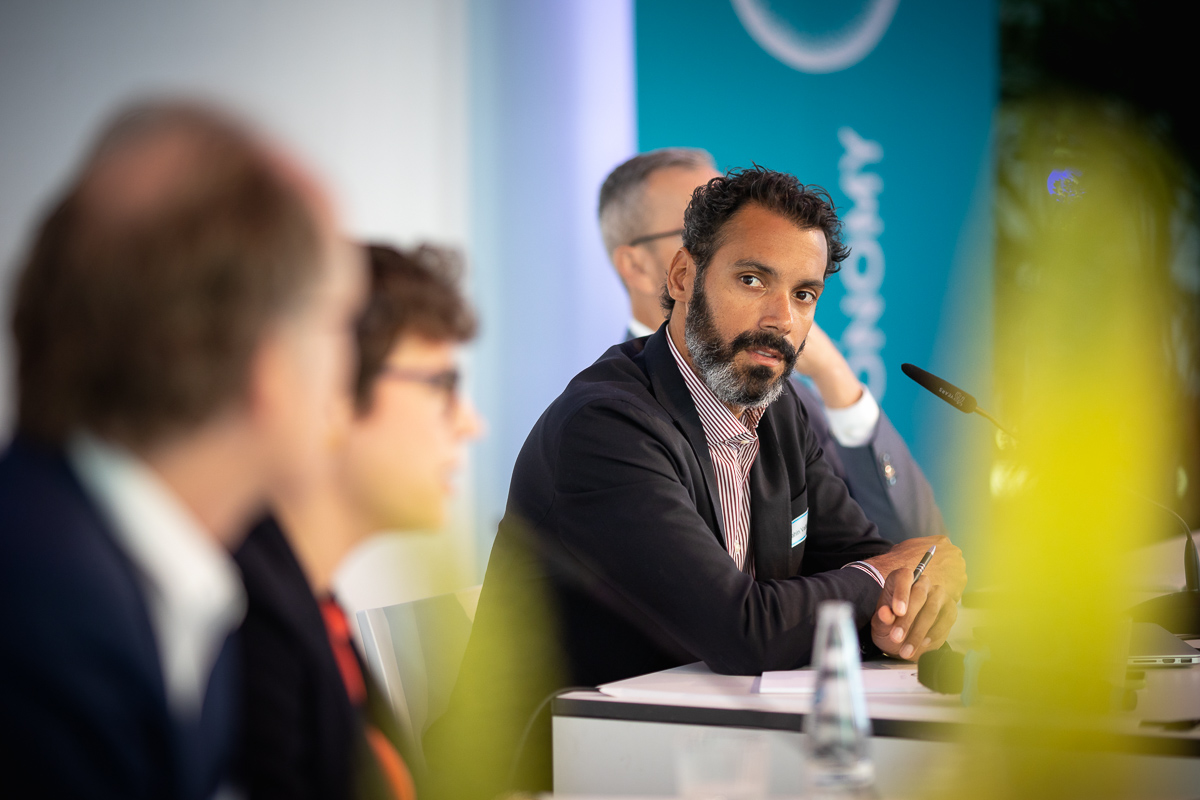THE STATE
Fighting Inflation - a Case for the Government?
To what extent should governments – next to central banks - be responsible for inflation? Discussed at the X New Paradigm Workshop by Isabella Weber, Sebastian Dullien, Peter Bofinger, Guntram Wolff, and Shahin Vallée.
BY
DAVID KLÄFFLINGPUBLISHED
8. JUNE 2022READING TIME
3 MIN
Exceptional circumstances require exceptional actions. One of the main takeaways of Isabella Weber‘s presentation on the question whether price controls or other state actions are necessary to fight inflation. Because of overlapping emergencies, prices do not function well as equilibrating tool for supply and demand anymore. Broken supply chains together with high demand through rescue packages and government aids enables profit margins through temporary monopolies. Additionally, price increases are most drastic in very inelastic sectors like heating or food, preventing demand to adjust accordingly.
To fight inflation, we need to switch the mindset from aggregate responses to disaster preparedness by targeting key sectors, e.g. EU price controls for gas and oil.
In his talk, Sebastian Dullien concentrated on the questions which households suffer most from inflation and if the compensation packages of the German government are helpful. He concluded that inflation hits low income households the most and gave an overall positive assessment of the compensation packages. However, they are flawed in two ways. First, they do not yet compensate for higher food prices. Second, pensioners and students are not well compensated.
Is fiscal policy or monetary policy better suited to fight inflation? This was the topic of Peter Bofinger‘s presentation. He underlined that this question depends on the type of shock. In the case of a demand shock, both fiscal policy and monetary policy can do the job. While governments have an advantage at the zero lower bound or deep recessions, decisions of central banks are often easier to achieve politically. For a supply shock, this looks different. To fight inflation by raising rates, central banks face a trade-off: lower prices are only possible by a lower output. Fiscal policy could shift the aggregate supply curve by a reduction of indirect taxes at lower cost.
In his talk, Guntram Wolff responded to some of the topics raised by his co-panelists. It temporary monopolies are due to specific business decisions and right choices, there would be no problem with temporary price markups. He also made the case for the still working signalling effect of prices, e.g. high energy prices signalling to cut demand of Russian gas and oil. He proposed a tariff system on energy imports to bring them down, and stretched the danger of overheating markets in certain sectors, calling for the central banks to step in.
